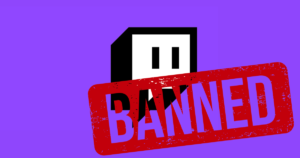
UK won't change laws on game server shutdowns.
“`html
UK Government Won’t Intervene in Game Server Shutdowns
The UK government has rejected calls to change laws regarding video game server shutdowns, leaving players with little recourse when their purchased games become unplayable. This follows recent high-profile shutdowns, including Warner Bros. Games’ MultiVersus and Concord.
No Legal Changes Planned
A petition requesting updated consumer laws to prevent publishers from taking games offline without allowing players to retain or repair them was denied. The government stated that existing laws already cover this issue and there are no plans to introduce new legislation addressing “digital obsolescence.”
While the existing Consumer Rights Agreement ensures games function as advertised, it doesn’t mandate the maintenance of online servers. The government’s position is that publishers should clearly state if a game lacks ongoing support.
MultiVersus Shutdown Example
MultiVersus serves as a prime example. Although servers are shutting down on May 30, players can still play offline after downloading a final update, accessing local co-op or AI opponents. However, online features will be removed, and the game will be delisted from platforms.
Key Takeaways:
- The UK government won’t introduce new laws to prevent game server shutdowns.
- Existing consumer laws are considered sufficient, focusing on transparency about a game’s ongoing support rather than mandatory server maintenance.
- Games like MultiVersus might offer offline access after server shutdown but lose online functionalities.
This decision leaves players vulnerable to the loss of access to games they purchased, highlighting the ongoing debate surrounding digital ownership and the longevity of online games.
“`





